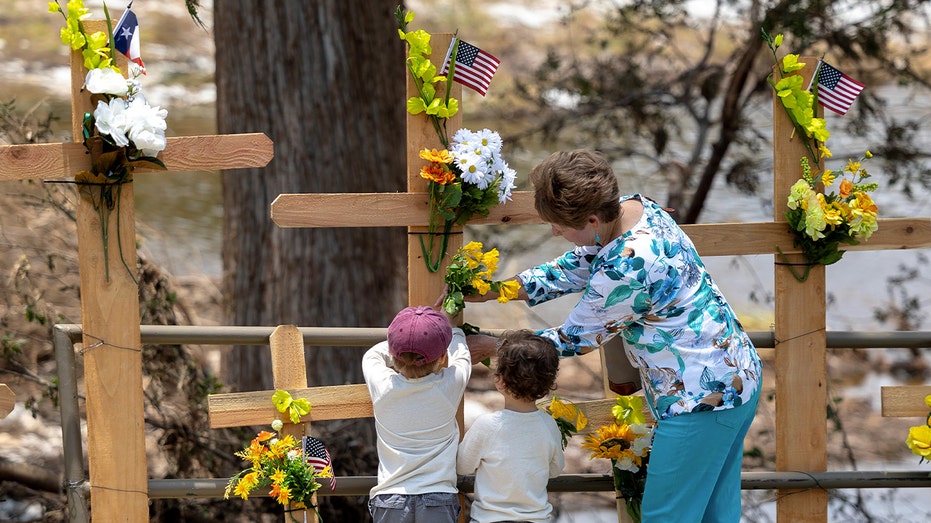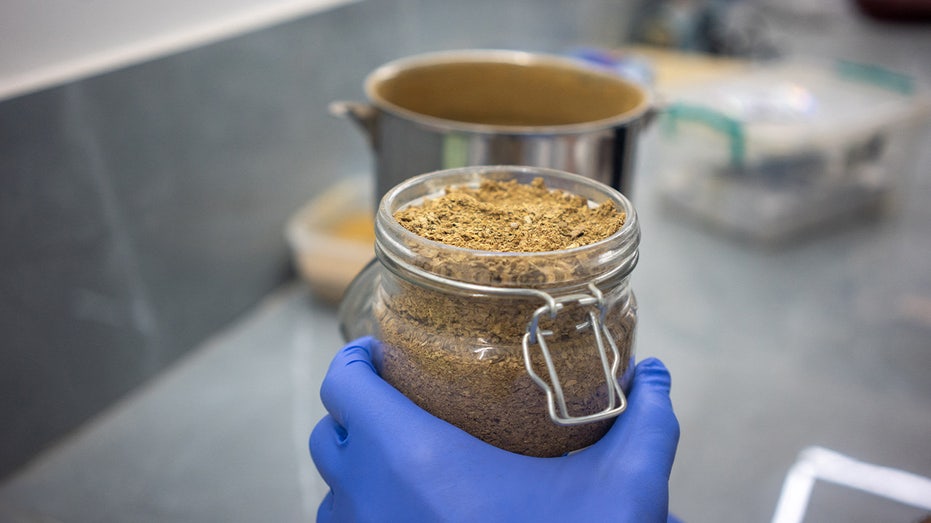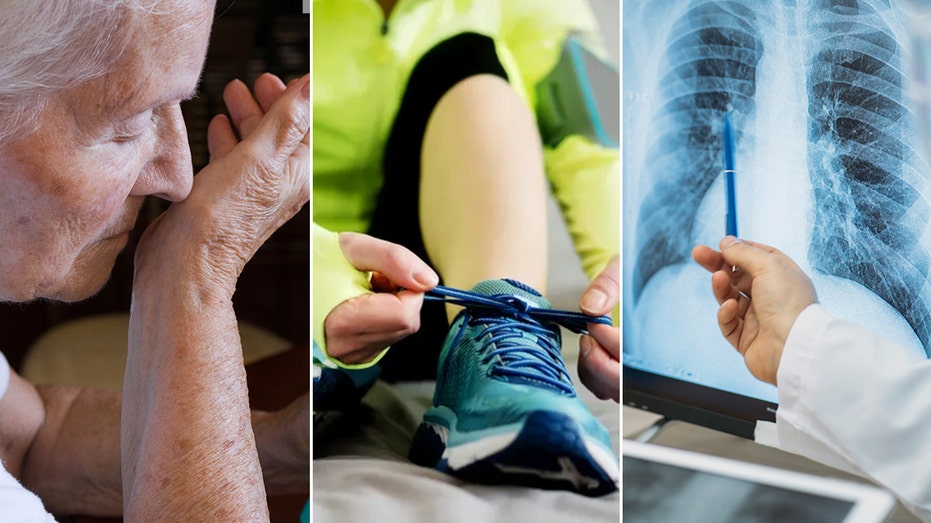Texas Flood Survivors Grapple with Mental Health Challenges and PTSD

Sarah Johnson
July 16, 2025
Brief
Texas flood survivors face mental health challenges like PTSD and anxiety. Experts and initiatives offer support for emotional recovery after the disaster.
In the wake of the devastating floods that tore through central Texas over the July 4 weekend, the focus isn’t just on rebuilding homes but also on mending minds. Dr. Sabrina Browne, a Dallas-based pediatric psychiatrist, has shed light on the profound mental health challenges facing survivors and their loved ones. Her insights reveal a stark reality: long after the rescue crews depart and the floodwaters recede, the emotional scars remain.
Dr. Browne emphasizes that such tragedies strike at the core of a community, shattering the illusion of safety. "When disaster hits your own backyard, it’s not just a news story—it’s a life-altering event," she notes. Survivors often grapple with a lost sense of stability, no longer taking for granted the simple routines of daily life. Anxiety, fear of recurring disasters, and even post-traumatic stress disorder (PTSD) can take root, alongside survivor’s guilt for those who made it through while others didn’t.
Children, in particular, face unique struggles. Dr. Browne, who has supported families through past Texas tragedies, points out that kids process trauma differently depending on their age and maturity. For many, this could be their first encounter with loss on such a personal level—peers missing from school or camp can make death feel frighteningly close. "They start wondering, could this happen to me?" she explains, highlighting the added layer of fear this creates.
Efforts to support mental health recovery are underway. Spring Health, a mental health solutions provider, has pledged $500,000 in free services for flood victims across Texas, North Carolina, and New Mexico. Their initiative includes virtual sessions with licensed clinicians, ensuring access to care even for those unable to seek in-person help. As Spring Health CEO April Koh puts it, "Recovery isn’t just about rebuilding structures; it’s about healing hearts."
For parents, Dr. Browne offers a key piece of advice: watch for changes in behavior. If a child stops sleeping, eating, or playing as they normally would, it’s a signal to seek professional support. Regression, like wanting to sleep in a parent’s room for safety, might be expected, but persistent shifts demand attention.
As Texas communities piece their lives back together, the road to mental recovery will be long—but with experts like Dr. Browne and initiatives like Spring Health, there’s hope for healing beyond the floodwaters.
Topics
Editor's Comments
Well, folks, it seems the floodwaters in Texas didn’t just wash away homes—they swept away that cozy feeling of ‘it’ll never happen to me.’ Now, survivors are left wondering if every raindrop is a harbinger of doom. And let’s talk about survivor’s guilt—some folks feel like they won the lottery of life, only to realize the prize is a front-row seat to grief. Here’s a thought: maybe Mother Nature should start sending apology cards after these stunts—‘Sorry for the flood, here’s a coupon for free therapy!’
Like this article? Share it with your friends!
If you find this article interesting, feel free to share it with your friends!
Thank you for your support! Sharing is the greatest encouragement for us.






